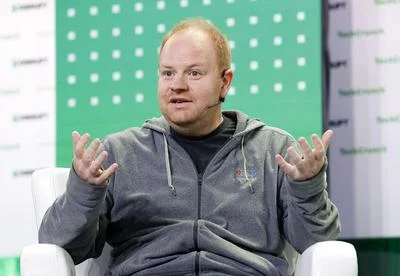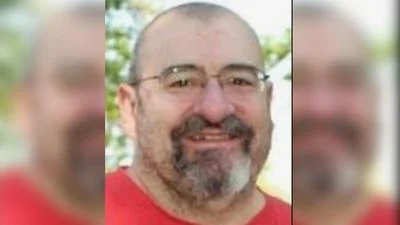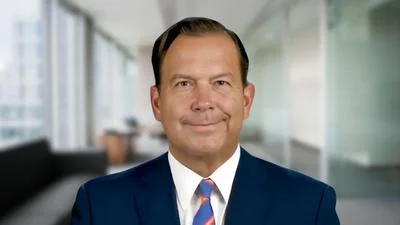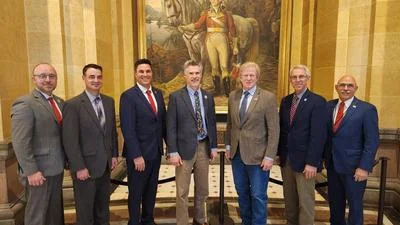Bill Bodine, the Illinois Farm Bureau's associate director of state legislation, supports the production, processing, commercialization and utilization of industrial hemp.
“Interest in the production of industrial hemp is not new,” Bodine told the Prairie State Wire, adding the 2014 farm bill has a provision allowing state departments of agriculture or institutions of higher education to grow or cultivate industrial hemp for research purposes under an agricultural pilot program or for other agricultural or academic research.
“The Illinois law passed in 2015 authorizes the Illinois Department of Agriculture to provide a permit program allowing Illinois universities offering a four-year degree in agriculture science to grow industrial hemp for research purposes; however, other states have authorized their departments of agriculture to allow farmers to grow industrial hemp as a part of their pilot program,” Bodine said.

Bodine said legislation introduced last year would have authorized the Illinois Department of Agriculture to develop a licensing program allowing farmers to grow industrial hemp pursuant to the provision included in the 2014 farm bill.
“Legalizing industrial hemp production would allow some Illinois farmers to diversify their production by adding a new crop,” Bodine said. “Prices for corn and soybeans are down so some farmers may look to add a new crop that could help improve their income.”
Timing is everything, Bodine said of hemp production, which has numerous beneficial uses, including producing rope, fabrics and textiles, fiber products, oils, plastics and food products.
“It will take some time for production of industrial hemp to grow and for the market to develop; however, legalizing the production of industrial hemp may provide new market opportunities for farmers and economic growth for Illinois,” Bodine said.
However, legal hurdles stifle growth, Bodine said.
“The level of THC in industrial hemp is extremely low, so people will not get high from smoking or ingesting the plant; however, the federal government lists all parts of the plant Cannabis sativa L., no matter the THC content, on the list of controlled substances, making it illegal to grow,” Bodine said. “Until industrial hemp is removed from the list of controlled substances, it can only be grown pursuant to the provision included in the 2014 farm bill.”
He said legislation to legalize industrial hemp has been introduced in the Illinois General Assembly occasionally over the past two decades.
“Legislation has also been introduced in Washington, D.C., to exclude industrial hemp from the definition of marijuana as well; however, outside of the bill Illinois passed in 2015, legislation has never been able to gain traction,” Bodine said.
.jpg)





 Alerts Sign-up
Alerts Sign-up